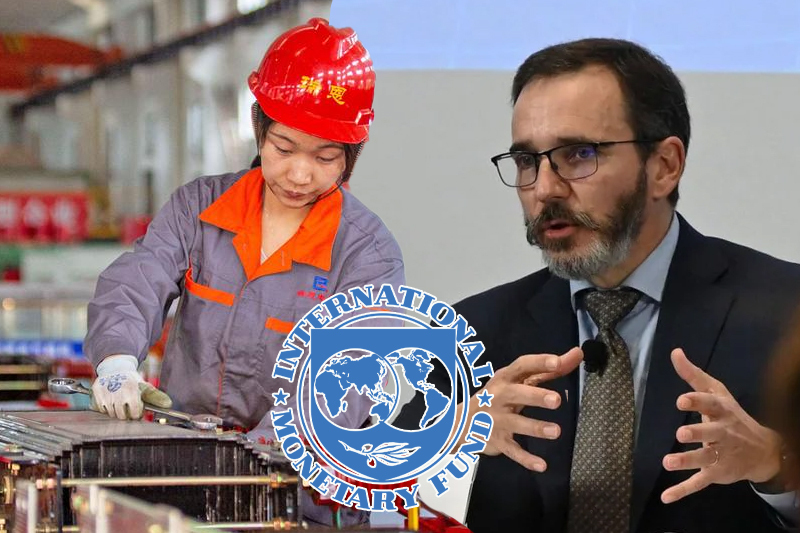
China’s reopening will benefit Asia, but inflation will pose a challenge
In an interview on Tuesday, the International Monetary Fund’s chief economist Pierre-Olivier Gourinchas voiced optimism that the reopening of China as it exits the Covid-19 pandemic will provide a global economic boost. “It’s going to benefit more countries that are close trading partners of China that includes many Asian economies,” he added.
The international financial institution, in its outlook report published Tuesday, raised its global growth forecast for 2023 by 0.2 percentage points to 2.9%, calling China’s full reopening and strong spending in the US as prompts. China is expected to record a GDP growth of 5.2% this year.
“[2023] is going to be a year of lower growth for many advanced economies,” Gourinchas said, adding Asia’s emerging markets will be one of the main engines of growth this year. The economies of the world’s two most populous nations – India and China – are expected to make up 50% of total growth.
Keep Reading
However, one of the crucial challenges for Asian governments will be balancing rising inflation and growth as South Korea, Singapore, and a number of other economies in the region have witnessed soaring prices even as central banks remained firm in tightening their monetary policies.
While Singapore’s headline inflation averaged 6.1% in 2022, South Korea’s consumer prices climbed 5.1% last year, accelerating from a 2.5% gain in 2021, marking the steepest on-year gain in 24 years. The latter has been struggling with inflation for a while now following a major rise in energy and raw material costs amid the Russia-Ukraine war.
Gourinchas said it was “not particularly worrying”, in relation to scores of tech firms around the world continuing to shed headcount. Tech companies accelerating hiring during the pandemic, and some now finding it unsustainable, is one of the key reasons behind the recent layoffs.




